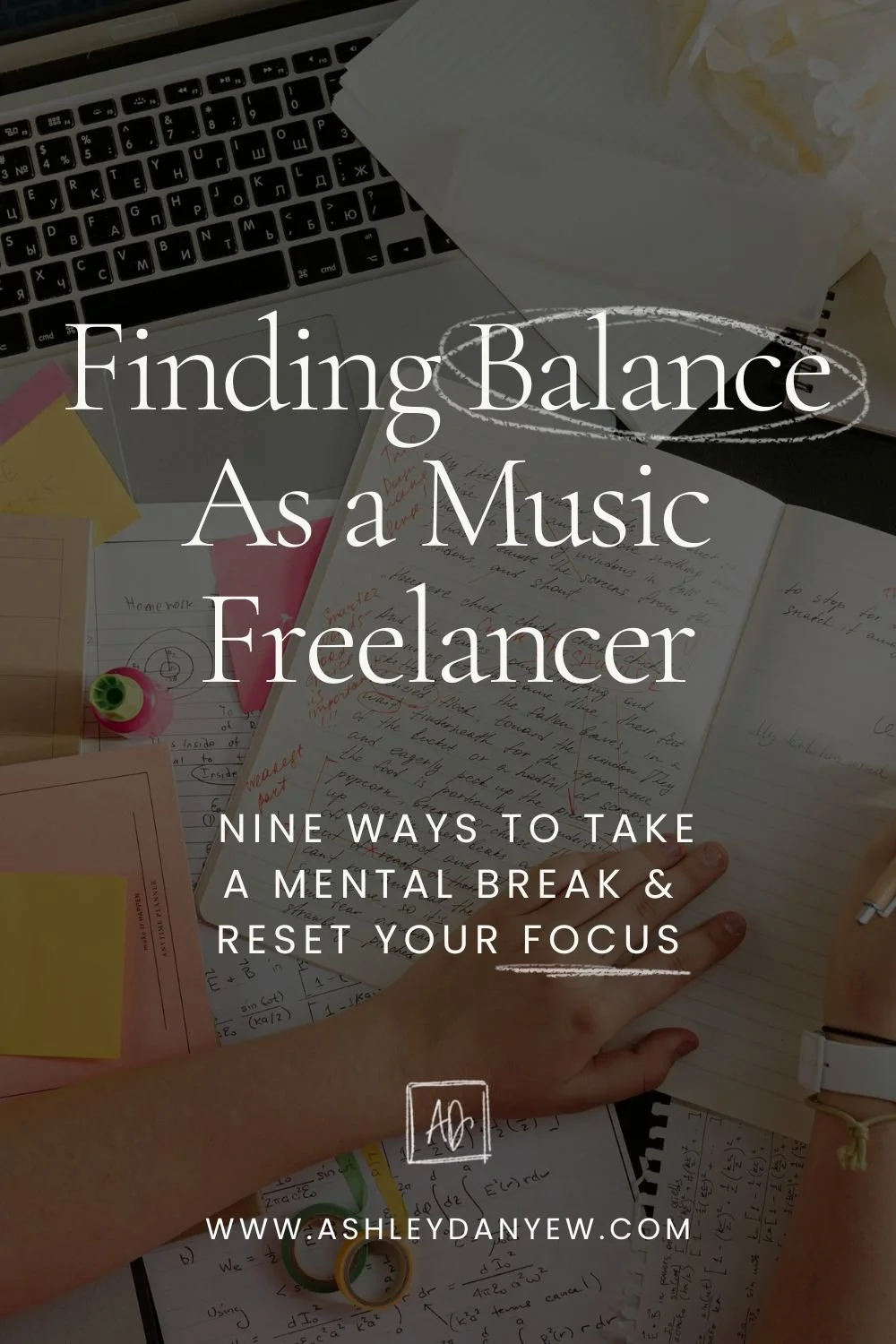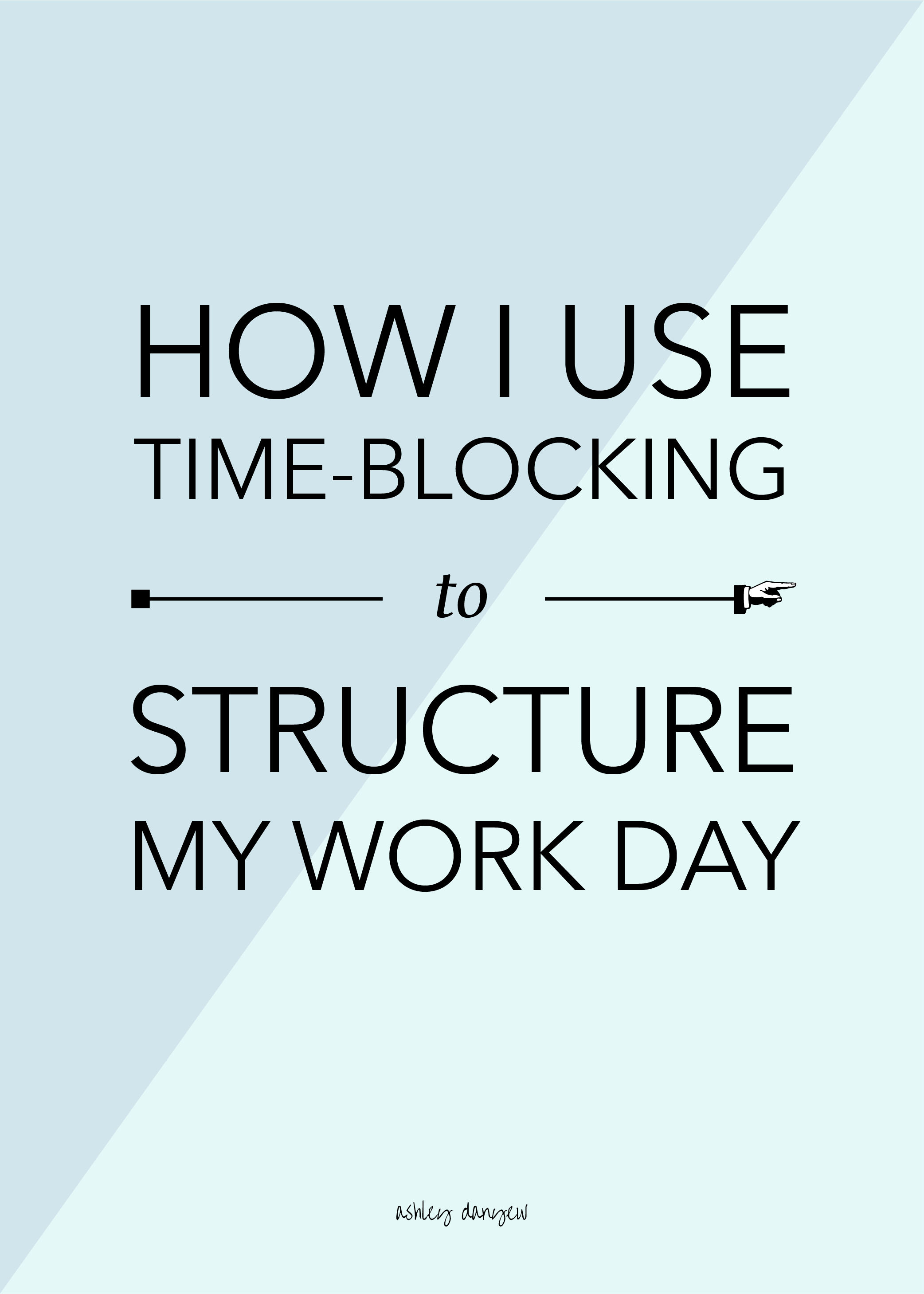Editor’s Note: Read an updated version of this post here.
The beginning of a new career is an exciting time, full of energy, motivation, and possibility.
Maybe you’re taking that first step from music student to music professional, newly-printed diploma in hand (or in the mail — sometimes these things take a while).
Or maybe you’ve been working for a few years and are ready to make a change and set off in a new direction.
Maybe you’re in between things: trying to figure out what you want to do and what kind of musician you want to become, or maybe you’re beginning a second career later in life.
Wherever you are today, and wherever you hope to be in the next few months, here are 5 helpful tips for getting started:
How to Jumpstart Your Music Career
*Disclosure: I get commissions for purchases made through links in this post.
1. Choose a career type.
It’s important to know what type of career is the best fit for you so you can be the best version of yourself and do your best work. In music, there are two main career types:
A freelance (portfolio) career includes a variety of different kinds of work: private teaching, gigging, adjunct teaching, composing/arranging, blogging, grant-writing, arts administration work, church work, etc.
Traditional, full-time employment includes K-12 teaching, playing in a symphony, a tenure-track university position, a music administration or arts leadership position, an ensemble-in-residence appointment, etc.
You may feel like you fall neatly into one category, but the truth is, you may end up doing a little of both. Many people who have full-time teaching jobs also freelance at night or perform with a chamber group from time to time or have a part-time church job. Similarly, those of have full-time administrative jobs may teach a few private students in the evening or on the weekends, or direct a community ensemble on Saturday mornings.
Choose the option (or combination) that sounds exciting and fulfilling. Do what feels best for you (you can always change your mind later!).
Step into the role of CEO and design a music career on your terms.
The Musicpreneur Model is the only online program + template suite designed specifically for self-employed classical musicians and music freelancers that teaches you how to build a diversified portfolio career in music (that supports you financially and artistically) + develop the skills you need to be a small business owner.
2. Make a list of job opportunities.
Once you have an idea of the career type that will be the best fit for you, spend some time thinking about the type of work you see yourself doing, based on your interests, experience level, and training.
If you’re going the freelance/portfolio career route, think about where you’d like to live (big city, mid-size city, small town, rural) and what kind of work you could do there. Aim for a mix of performance, teaching, and administrative work, to start. Look up community music schools and colleges, music festivals, churches, and arts organizations and see if there are any job openings that interest you.
If you’re going the traditional/full-time career route, search for job openings in your field, perhaps with a symphony orchestra, at a college or K-12 school, or a church with a large music program. Consider where you’d like to live (what country or part of the country; city, town, or rural) and look for opportunities nearby.
3. Update your professional documents.
Now is a great time to get your professional documents in order. Take this opportunity to write or update your professional bio, outline a cover letter template you can modify and tailor to each position, update your résumé or CV, repertoire list, and press kit, if applicable.
It’s a good idea to update these once a year, or so; much longer than that and you may find it hard to remember all the things you’ve done, the pieces you’ve learned, etc. Having an up-to-date résumé and CV is especially important, particularly for those of you who see yourselves going the traditional/full-time route, as this will be requested with every job application.
Related post: Top 10 Résumé Tips for Professional Musicians
4. Develop an online presence.
No matter what career type you choose, having and developing a strong online presence is an important part of gaining recognition, developing a positive reputation, and building your career.
This is a good time to build (or update) your professional website. Tweak some of your copy, update your images, and start building an email list so you can stay in touch with your fans and audience members. Choose fonts, colors, imagery, and design elements that support your brand image.
In addition, set up separate professional accounts on the social media platforms that feel most relevant to you, or use your personal accounts with intention. Post content and images that represent you as a professional and delete any old content that may conflict with this image.
Use these platforms to connect with others, build relationships, encourage others, and share your latest projects. Think about ways to incorporate a variety of content (images, copy, video) to give your audience multiple ways to engage with you and your work.
5. Brush up on your professional writing skills.
This is perhaps my best piece of advice.
The power of strong professional writing skills cannot be understated. For most of us, writing is not something that’s strongly emphasized in music school; sure, we wrote 20-page music history papers and complex theory analyses, but learning about the art of writing (and especially professional writing, which is a little different) didn’t really come until my doctoral studies.
And I’m still learning. (Darrel Walters’ writing guide, Simple, Brief, and Precise is open on my desk right now!).
Here are a few tips for polishing your professional writing skills:
Use fewer words. Look for ways to cut out excess words like the and that. Take out wordy phrases like “in order to” and simply write “to.” Finding ways to simplify your writing will make it easier to read and understand.
Be consistent. Choose whether to use the Oxford comma or not and do it the same way every time. Choose whether to write with one space or two after a period. Review the difference between the em dash and the en dash. Be consistent with font choices, date formatting, and tense.
Proofread everything. Double- and triple-check spelling and formatting, especially in your résumé or CV and cover letter. Make sure your contact information is correct and up-to-date. Read and re-read the copy on your website, your bio, and press kit materials to make sure there are no errors (try reading it out loud).
Recommended Resources
In closing, I want to share a few of my favorite resources for musicians. I hope they’re helpful to you!
7 Things I Didn’t Learn in Music School [Article]
The Savvy Musician: Building a Career, Earning a Living & Making a Difference [Book]
TALK21: “How I Stopped Asking Permission to Have a Career in Music” [Video]
Lessons from a Street-Wise Professor: What You Won’t Learn in Most Music Schools [Book]
Making Your Life as an Artist [eBook]
Questions?
Leave a comment below and I’ll be happy to answer them!






































